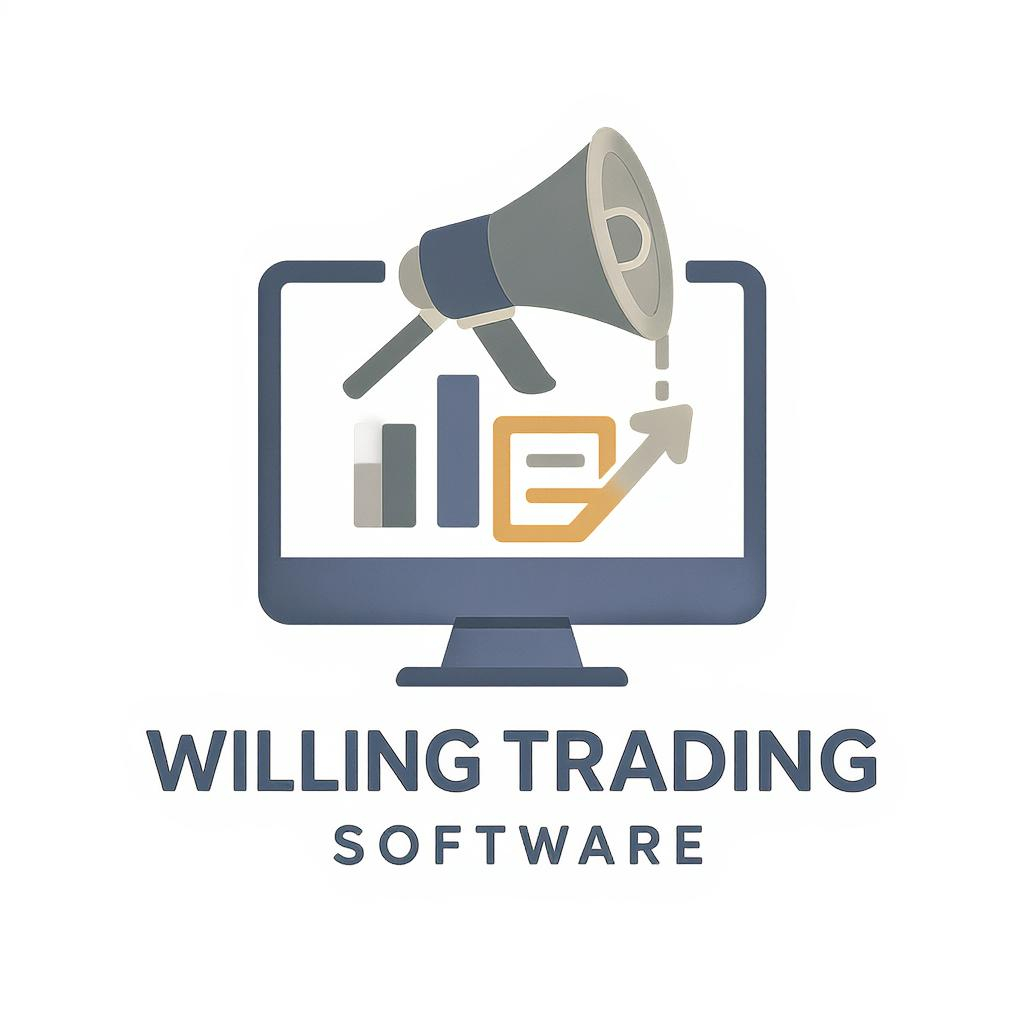Key Take Aways about Bespoke software
- Bespoke trading software provides customized solutions for traders, addressing specific needs that off-the-shelf platforms might not meet.
- Customization includes integration with specific algorithms, proprietary models, and can enhance trading efficiency.
- Advanced data analytics in bespoke solutions offer real-time insights, aiding better decision-making and risk management.
- Bespoke software is scalable and adaptable, accommodating growth and dynamic market conditions.
- Challenges include higher development costs, ongoing maintenance, and longer implementation timelines compared to standard solutions.
- The demand for bespoke solutions is increasing due to the need for flexibility and precision in trading.

Introduction to Bespoke Trading Software
Trading software plays a pivotal role in the financial markets, providing traders with the tools necessary for executing trades, analyzing market trends, and managing risk. While many traders rely on off-the-shelf solutions, there is a growing demand for bespoke trading software—customized solutions tailored to the specific needs of individual traders or institutions.
The Necessity of Bespoke Solutions
The financial markets are characterized by their complexity and dynamism. Off-the-shelf trading platforms are often designed to cater to a broad audience, which may limit their functionality for specialized trading strategies. Bespoke trading software, on the other hand, can be tailored to address these specific needs, offering advantages such as advanced data analytics, personalized user interfaces, and integration with proprietary trading models.
Customization and Integration
One of the primary advantages of bespoke software is the ability to customize the platform to align with a trader’s operational needs. This customization extends to the integration of specific algorithms and proprietary trading models, which can enhance trading efficiency and effectiveness. Furthermore, bespoke systems can integrate seamlessly with existing infrastructure, ensuring data consistency and operational continuity.
Enhanced Data Analytics
Bespoke trading software often incorporates advanced data analytics capabilities. Traders can benefit from real-time insights, predictive analytics, and sophisticated charting tools tailored to their strategies. These features enable more informed decision-making, enhancing the ability to capitalize on market opportunities and manage risk effectively.
Scalability and Adaptability
Scalability is a critical factor for any trading system, and bespoke solutions offer the flexibility to scale operations as a trading entity grows. Additionally, bespoke software can adapt to changing market conditions and regulatory requirements, ensuring that the platform remains compliant and aligned with business objectives.
Challenges of Bespoke Trading Software
Despite the numerous benefits, developing and maintaining bespoke trading software can present several challenges.
Development Costs
The initial development cost of bespoke trading software can be significantly higher than off-the-shelf solutions. This is due to the extensive research and development required to ensure the software meets all specifications and integrates seamlessly with existing systems.
Maintenance and Support
Ongoing maintenance is essential to ensure that the software continues to operate efficiently and securely. Bespoke solutions often require dedicated support teams to address issues, perform updates, and manage system upgrades. This ongoing support can lead to higher operational costs compared to standardized software solutions.
Implementation Timeline
The timeline for developing and deploying bespoke trading software is typically longer than for commercial off-the-shelf products. This extended timeline can influence a trader’s ability to adapt swiftly to market changes, necessitating thorough planning and project management.
Conclusion
Bespoke trading software offers significant advantages for traders seeking a solution tailored to their unique strategies and operational needs. While the initial costs and complexity may be higher, the benefits of customization, advanced analytics, scalability, and integration often outweigh these challenges for institutions and traders with specialized requirements. As the financial markets continue to evolve, the demand for bespoke solutions is likely to grow, driven by the need for greater flexibility and precision in trading operations.
